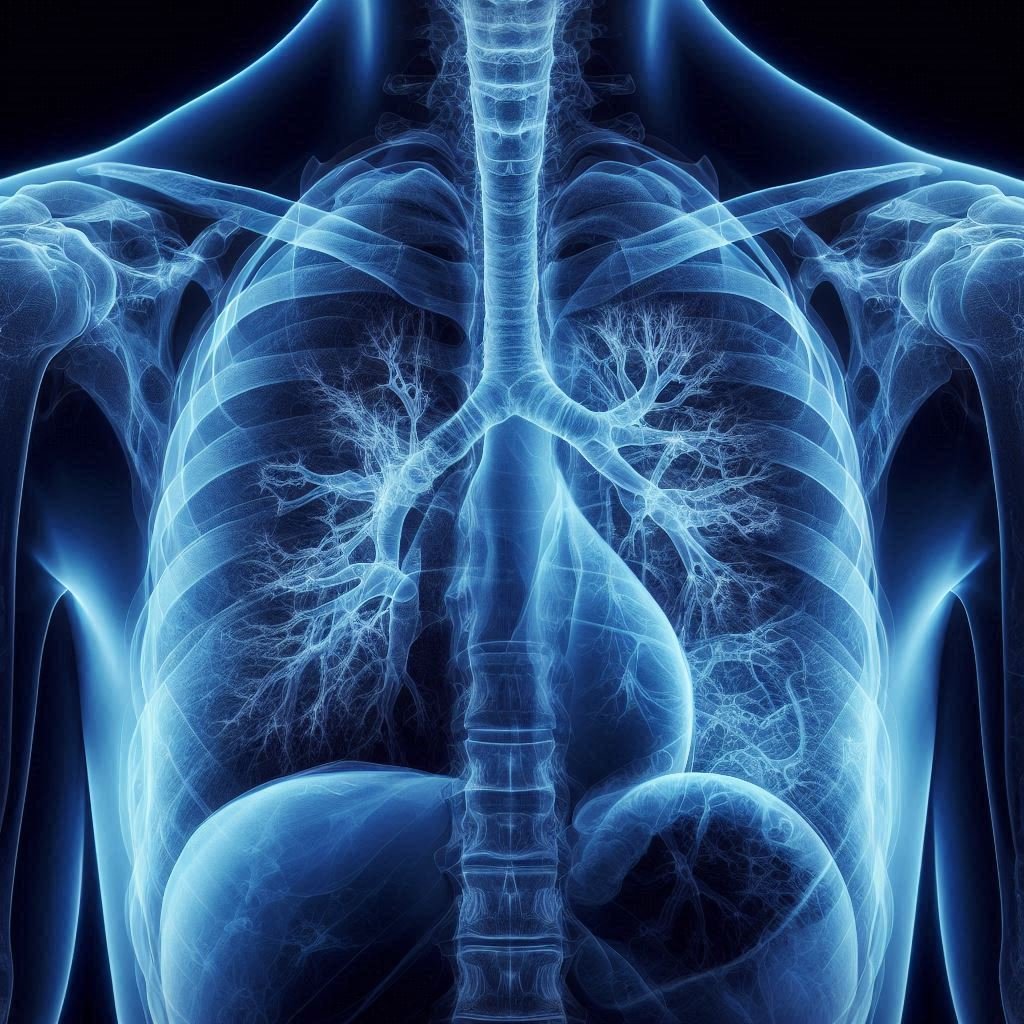
The Underlying Causes of Cystic Fibrosis
Cystic fibrosis is caused by a defective gene that affects the body’s mucus and sweat glands. This gene mutation leads to the production of thick and sticky mucus that can clog the lungs and obstruct the pancreas. This mucus can also block the release of digestive enzymes, preventing the body from properly absorbing fats, proteins, and essential vitamins.
In addition to the genetic cause, other factors such as exposure to radiation, particularly after radiotherapy to organs in the pelvis, can contribute to the development of cystic fibrosis. Certain bacteria, including coliform bacteria commonly found in the bowel, may also play a role in the onset of this disease.
Recognizing the Symptoms of Cystic Fibrosis
The symptoms of cystic fibrosis can vary widely, but some common signs include:
- Unexplained weight loss or failure to gain weight during childhood
- Persistent coughing or wheezing
- Chronic fatigue
- Salty-tasting skin in infants
- Recurrent respiratory infections, such as pneumonia or sinusitis
- Pale or clay-colored, foul-smelling stools that float
- Diarrhea
- Delayed growth
Available Treatment Options for Cystic Fibrosis
While there is currently no cure for cystic fibrosis, various treatments are available to manage symptoms and slow the progression of the disease. These include:
- Antibiotics to treat respiratory infections
- Vitamin supplements, particularly vitamins A, D, E, and K
- DNAse enzyme replacement therapy, such as the medication dornase (Pulmozyme), which thins the mucus and makes it easier to cough up
- Postural drainage and chest percussion to help clear mucus from the lungs
- Lung transplants, considered in severe cases
- Pancreatic enzyme supplements to aid digestion
Research has also indicated that the pain reliever ibuprofen may slow lung deterioration in some children with cystic fibrosis, particularly those aged 5 to 13.
The Cystic Fibrosis Foundation and The National Institutes of Health provide further information on the causes, symptoms, and treatment options for cystic fibrosis.




